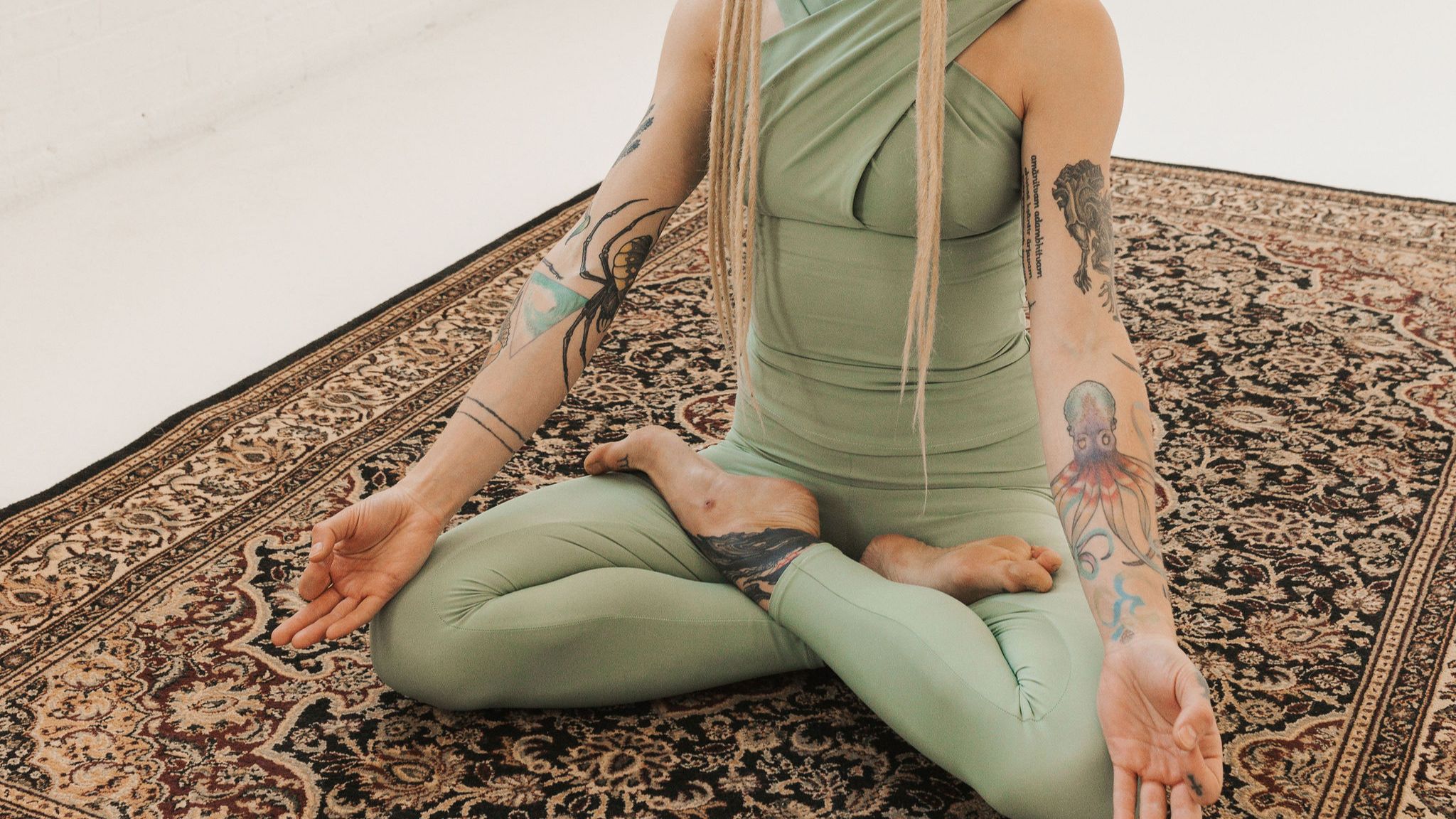
Why I Stopped Feeling Guilty About Self-Care
Sep 09, 2025For years, I believed self-care was selfish.
As a trauma survivor, I thought my value came from doing more, giving more, and putting myself last. If I wasn’t constantly pouring into others, I felt guilty — like I wasn’t enough.
But here’s what I learned the hard way: neglecting myself was keeping the trauma cycle alive.
The Cost of Neglecting Myself
When I skipped self-care, my patience was shorter.
My triggers were stronger.
My connections with loved ones felt strained.
I wasn’t showing up as my best self — not for my child, my partner, or myself. I was running on fumes, and my nervous system was always in survival mode.
It wasn’t until I burned out completely that I began to realize: ignoring my needs wasn’t strength, it was self-abandonment.
The Trauma Link
One of the long-term effects of trauma is the belief that your needs don’t matter. You learn to put yourself last, or to keep going no matter how exhausted you are.
But here’s the truth:
-
When you don’t care for yourself, your nervous system stays on high alert.
-
When your nervous system is dysregulated, it’s almost impossible to feel connected or safe.
-
And when you’re constantly in survival mode, healing feels out of reach.
Self-care isn’t selfish. It's learning to protect yourself. It's learning to be more selective with your environment. It’s how we rewire the body to know: “I am safe. I matter. I can rest.”
My Turning Point
I used to avoid self-care because it felt indulgent — like I didn’t deserve it. But over time, I saw the cost of ignoring myself: emotional dysregulation, strained relationships, and constant exhaustion.
When I began weaving in small, sustainable rituals — a few minutes of yoga, mindful breathing, journaling, or even enjoying a quiet cup of tea — I noticed something shift.
My patience grew.
My triggers softened.
I felt more connected to myself and to the people I loved most.
Self-care became non-negotiable. Not because I wanted “me time,” but because I wanted to show up with peace and presence.
A Simple Step You Can Try Today
Start small.
Pick one thing you can do for yourself today that signals to your body: “You’re safe. You matter.”
It might be:
-
Lighting a candle and taking three slow breaths.
-
Laying on the floor with your legs up the wall for two minutes.
-
Writing down one thing you’re grateful for.
Self-care doesn’t have to be expensive or time-consuming. What matters is the message: you are worthy of care.
An Invitation for You
If you’ve been feeling overwhelmed, disconnected, or guilty for even thinking about self-care, I want you to know you’re not alone.
Self-care is not selfish. It’s one of the most powerful ways to heal from trauma, regulate your nervous system, and create peace in your relationships.
✨ Inside The Daily CALM Practice mentorship, I help women integrate small, sustainable self-care rituals into everyday life — so they can finally move from survival mode to calm, connection, and confidence.
If this resonates, I’d love to invite you to explore the mentorship.
With warmth,
Mandi
Yoga's 8 Limbs to Heal Trauma and Find Lasting Peace
In this step-by-step guide, you’ll learn how the eight limbs of yoga can help you heal from the effects of childhood trauma.
Take the First Step Toward Lasting Peace Today!
Your healing journey starts here.
Join a Community of Healing and Growth!
Are you a woman healing from childhood trauma or CPTSD?
Subscribe to Our Weekly Newsletter
Every week, receive:
- Educational Insights: Practical tips on using yoga and DBT skills for trauma healing.
- Inspiration: Stories of resilience and transformation to keep you motivated.
- Healing Practices: Techniques for creating calm, connection, and confidence in your daily life.
Sign Up Now and Take a Step Toward Lasting Peace!
We hate SPAM. We will never sell your information, for any reason.

